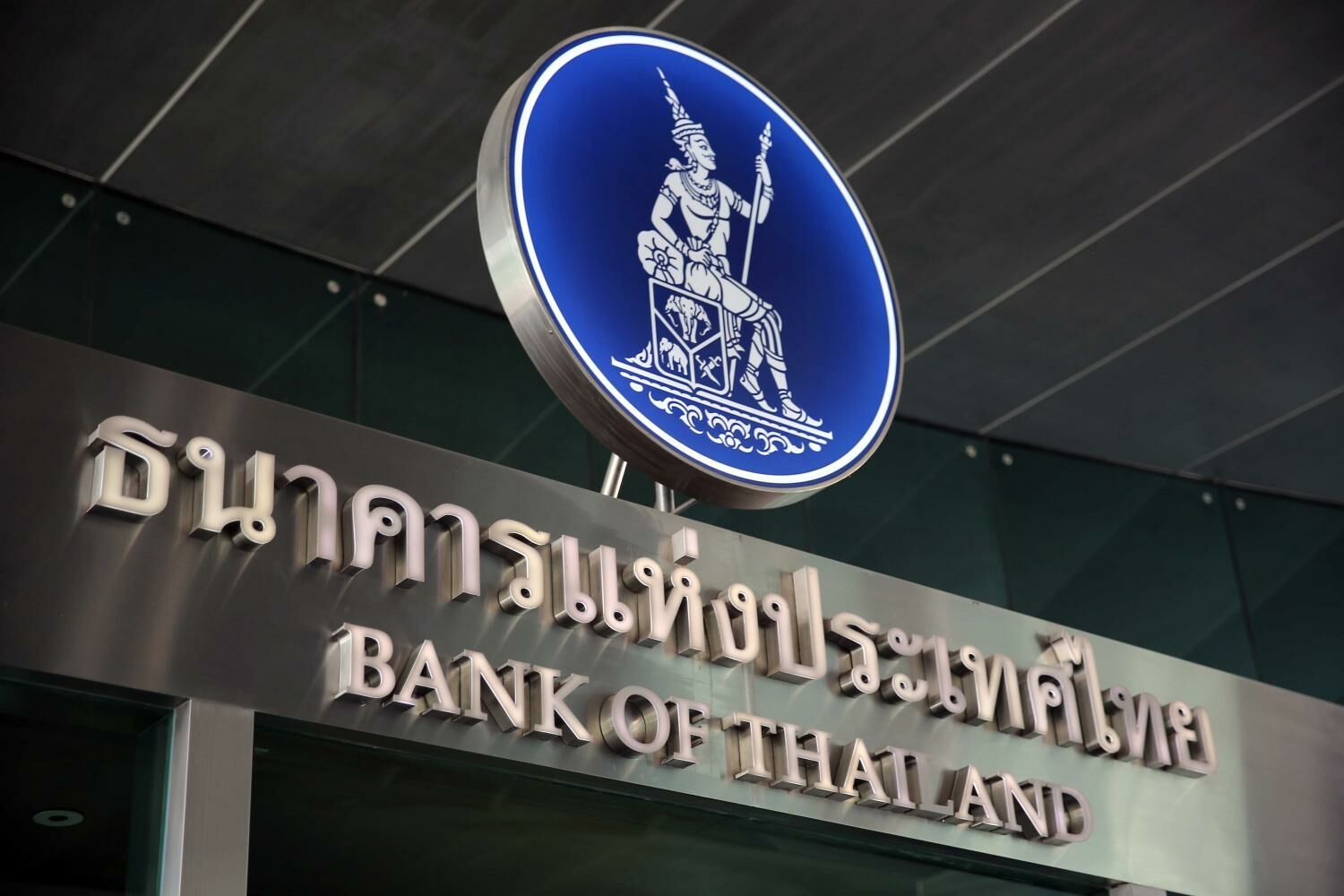Economists urge Bank of Thailand to maintain independence

Economists are urging the Bank of Thailand to maintain its independence, emphasising its importance for the nation’s economic stability and growth.
Nonarit Bisonyabut, a research fellow at the Thai Development Research Institute, pointed out that globally, countries with autonomous central banks tend to achieve better economic stability, lower inflation, and stronger economic growth compared to those where central banks lack independence.
The independent committee responsible for selecting a new central bank board chairman failed to reach a decision yesterday, citing the need for additional time to assess the candidates’ qualifications. A new date for the next meeting has not been scheduled.
Nonarit likened the role of the board chairman to that of a super CEO, stressing the necessity for political independence, forward-thinking, and the application of academic principles in analysing issues.
“The differing economic perspectives of the central bank and the government require open dialogue to bridge the differences, using empirical academic evidence to evaluate the pros and cons of various policies.”
A source from the banking industry, who requested anonymity, mentioned that the private sector seeks a new board chairman who can bolster confidence among stakeholders, including the public, business owners, and foreign investors.
Bank independence
According to the source, the private sector desires ongoing cooperation on fiscal and monetary policy to support Thailand’s economic recovery, with an emphasis on assisting vulnerable groups such as low-income earners and those burdened by high levels of debt.
“Addressing the country’s high level of household debt requires close coordination in terms of fiscal and monetary policies.”
An economist at a financial institution, also requesting anonymity, noted that while the central bank’s board chairman may not manage day-to-day operations, the position holds influence over key decisions, such as the selection of the next central bank governor after Sethaput Suthiwartnarueput’s term ends in September 2025.
The Pheu Thai-led government coalition expressed a preference for a central bank policy rate cut, aiming for alignment with government stimulus measures to boost the Thai economy, the economist said.
“Although the board chairman does not directly determine the policy rate, the position may exert indirect influence. The independence of the central bank is a crucial factor the government must consider to build confidence among all stakeholders.”
Gun Hathaisattha, equity strategist at CGS International Securities (Thailand), noted that the market is closely watching the selection process for the new board chairman, hoping for better coordination between monetary and fiscal policies, reported Bangkok Post.
“While rising conflicts between the central bank and Finance Ministry could cause Thailand to be downgraded, the market has greater concerns regarding the ability of the 10,000-baht (US$300) cash handout to boost the economy.
“If the 10,000-baht handout fails to stimulate the economy as the government expects, the country will be at higher risk of a downgrade because it adds a burden to public debt, which is already high.
“We expect the Thai policy rate to be slashed once in the fourth quarter, either at the October or December meeting. A GDP downgrade would offer more rationale for a rate cut.”
Latest Thailand News
Follow The Thaiger on Google News:


























